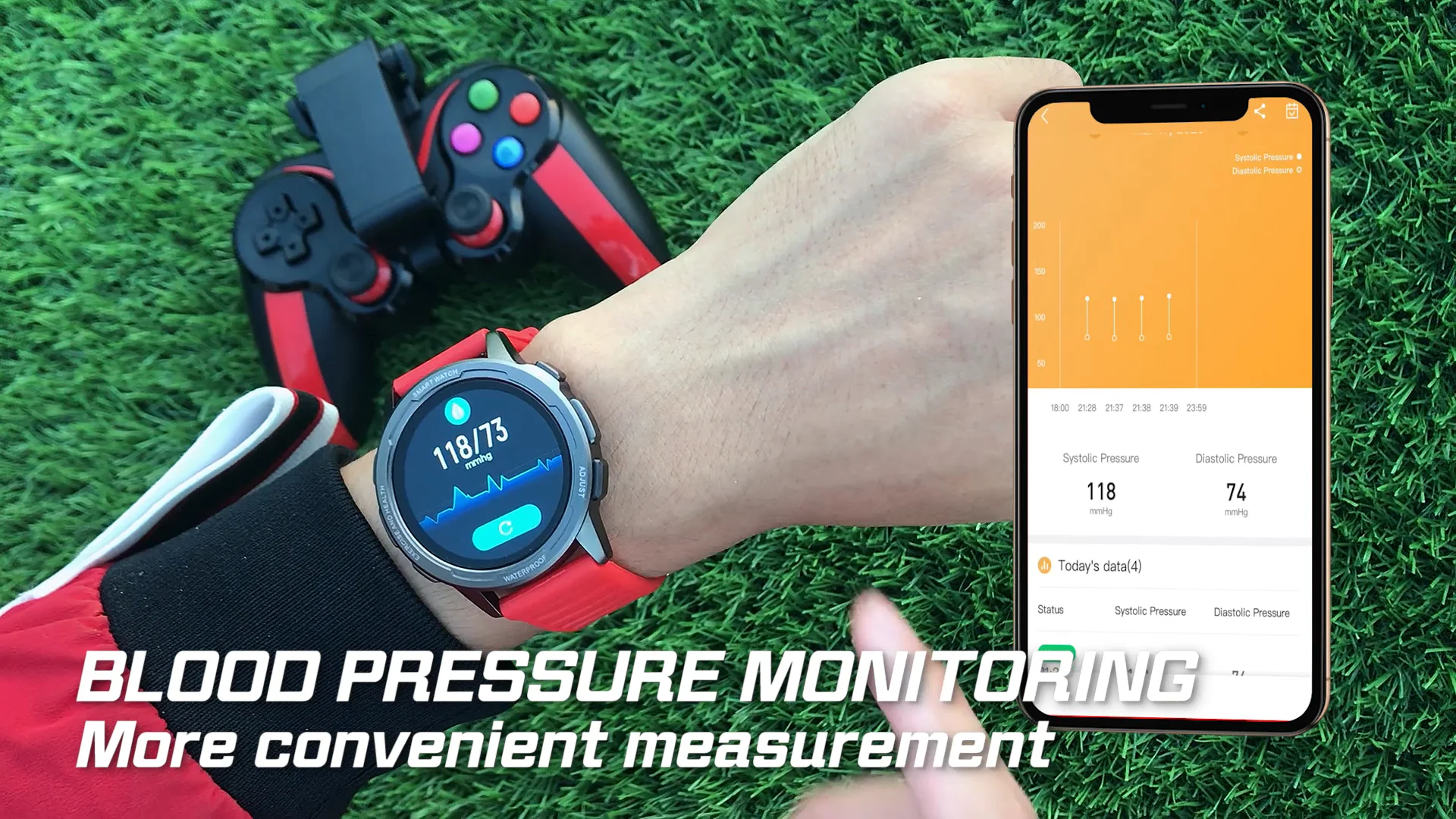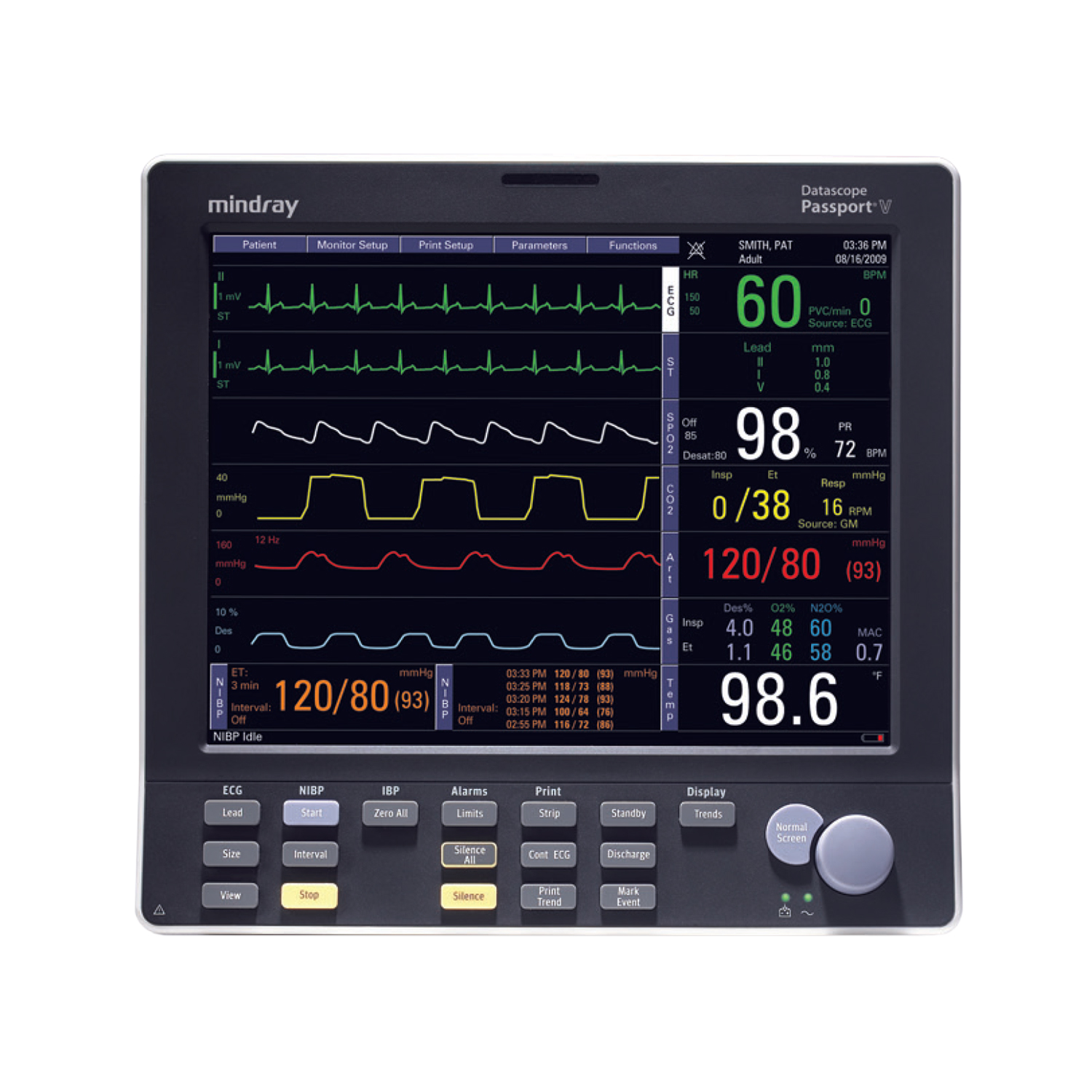When it comes to blood pressure, there are two numbers that are important: systolic and diastolic. Systolic is the top number and diastolic is the bottom number. A normal blood pressure reading is when your systolic is less than 120 and your diastolic is less than 80. If your blood pressure is in 122/66 see here.
If your systolic is between 120-139 or your diastolic is between 80-89, then you have prehypertension. High blood pressure (hypertension) starts at 140/90.
Your blood pressure is a measure of the force that your heart pumps blood around your body. A normal blood pressure is between 90/60 and 120/80. If your blood pressure is consistently above 140/90, it’s high blood pressure (hypertension).
High blood pressure can lead to serious health problems, such as heart disease and stroke.
If you have high blood pressure, there are things you can do to lower it. You can:
-lose weight if you’re overweight
-exercise regularly
-eat a healthy diet
-reduce the amount of salt in your diet
-limit the amount of alcohol you drink
What is a Normal Blood Pressure Reading?
Is 118 Too Low for Blood Pressure?
No, 118 is not too low for blood pressure. In fact, it is considered to be a normal reading.
Is 73 a Good Bottom Number of Blood Pressure?
There is no definitive answer to this question as blood pressure is a complex issue and what may be considered “good” for one person may not be ideal for another. That said, a bottom number (or diastolic number) of 73 is generally within the normal range for most people, so it is unlikely to cause any serious health concerns. However, if you are concerned about your blood pressure or have other risk factors for heart disease, it is always best to speak with your doctor to get personalized advice.
Is 118 Considered High Blood Pressure?
High blood pressure, also known as hypertension, is when your blood pressure reading is consistently above 140/90 mmHg. Blood pressure is the force of your blood pushing against the walls of your arteries. The higher your blood pressure is, the harder your heart has to work to pump blood around your body.
Over time, this can lead to heart disease, stroke and kidney problems.
A reading of 118/80mmHg would be considered normal blood pressure. However, if this reading was taken while you were at rest, it could be an indication that your blood pressure is on the high side and you may be at risk of developing hypertension.
If you have any concerns about your blood pressure, you should speak to a doctor or nurse for advice.
Is 118 Over 76 a Good Blood Pressure?
Whether or not 118 over 76 is a good blood pressure reading depends on a number of factors. For example, age, weight, and activity level all play a role in determining what is considered a healthy blood pressure reading. Generally speaking, however, 118 over 76 would be considered a normal blood pressure reading.

Credit: www.alibaba.com
118/73 Blood Pressure Pregnant
If you’re pregnant and have a blood pressure of 118/73, it’s considered to be within the normal range. However, if your blood pressure was higher than this before you became pregnant, it may be an indication that your pregnancy is causing hypertension (high blood pressure). If you have any other symptoms of hypertension, such as headaches, blurred vision or swelling in your hands and feet, be sure to mention them to your doctor.
118/72 Blood Pressure
If your blood pressure is 118/72, you have what’s considered “normal” blood pressure. Your top number, or systolic blood pressure, should be below 120. And your bottom number, or diastolic blood pressure, should be below 80.
If either of those numbers is higher than it should be, you have high blood pressure (hypertension).
117/73 Blood Pressure
Your blood pressure is a measure of the force against the walls of your arteries as your heart pumps blood through your body. A normal blood pressure reading is less than 120/80 mmHg. If your reading is between 120/80 and 140/90, you have prehypertension, which means you’re likely to develop high blood pressure unless you take steps to prevent it.
A reading of 140/90 or higher is considered hypertension, or high blood pressure.
High blood pressure doesn’t have any symptoms, so you may not know that it’s a problem. That’s why it’s important to get your blood pressure checked regularly.
If it’s high, work with your doctor on ways to lower it.
118 Over 78 Blood Pressure
If you have a blood pressure reading of 118 over 78, this means that your systolic blood pressure (the top number) is 118 and your diastolic blood pressure (the bottom number) is 78. A reading of 118/78 is considered normal blood pressure.
118 Over 76 Blood Pressure is That Normal
If you have a blood pressure reading of 118 over 76, is that considered normal? The answer is yes, this is considered to be within the “normal” range. However, it’s worth noting that blood pressure can fluctuate throughout the day, so one reading isn’t necessarily indicative of your overall health.
That said, if you consistently have high blood pressure readings (140/90 or higher), it’s important to consult with your doctor to discuss treatment options.
Normal Blood Pressure
What is normal blood pressure? Blood pressure is the force of your blood pushing against the walls of your arteries. Each time your heart beats, it pumps out blood into the arteries.
Your blood pressure is highest when your heart beats, pumping the blood. This is called systolic pressure. When your heart rests between beats, your blood pressure falls.
This is called diastolic pressure.
Your blood pressure reading uses these two numbers. Usually, the systolic number is written above or before the diastolic number: for example, 120/80 (pronounced “120 over 80”).
Normal blood pressure for adults is generally defined as a systolic reading of less than 120 and a diastolic reading of less than 80 . High blood pressure is defined as a systolic reading of 140 or higher and/or a diastolic reading of 90 or higher . You can have highbloodpressureif one or bothof thosenumbersare too high.
“Borderline”hypertensionis when oneor bothofthenumbersarehigherthan they should be but nothight enough to be consideredhighbloodpressure(HBP).
Conclusion
There are many things that can affect blood pressure, including diet, exercise, and weight. However, one of the most important things to remember is that blood pressure varies from person to person. What is considered normal for one person may be high for another.
That’s why it’s important to talk to your doctor about what is considered a healthy blood pressure range for you.

Leave a Reply